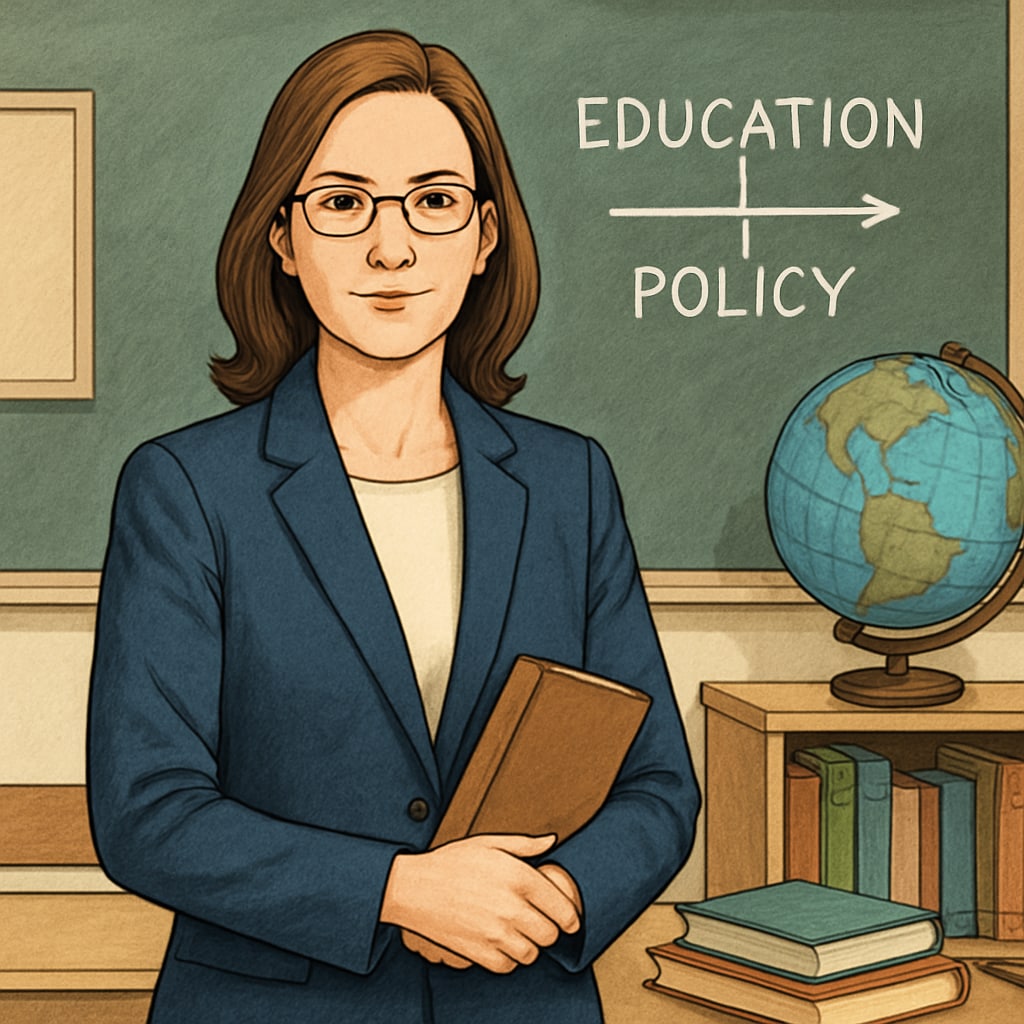The state of Oklahoma recently enacted a controversial policy requiring out-of-state teacher applicants, specifically those from New York and California, to undergo a political screening process. This policy involves a 50-question test designed to evaluate the political beliefs of these applicants. The move has sparked widespread debate, with critics warning against the increasing politicization of education and the potential risks to K-12 learning environments. In this article, we will examine the motivations behind this policy, its potential consequences, and the broader implications for the teaching profession.
What Is Driving Political Screening in Teacher Applications?
Oklahoma’s decision to implement a political screening test for teachers appears to be rooted in an effort to align educational values with the state’s political and cultural climate. Advocates of the policy argue that it ensures teachers uphold “community standards” and prevents the introduction of ideologies that might contradict local beliefs. However, critics view this as a thinly-veiled attempt to filter educators based on their political alignment, rather than their teaching qualifications or expertise.
Political screening in education is not entirely new. Across the U.S., various states and districts have debated the role of personal ideology in shaping classroom dynamics. However, Oklahoma’s approach, which explicitly targets out-of-state teachers from politically liberal areas, appears to take this trend to an unprecedented level. This raises serious questions about the balance between respecting community values and maintaining an open and diverse educational system.

The Risks of Politicizing K-12 Education
The implementation of political screening for teachers carries several risks, both immediate and long-term. First and foremost, it undermines the professional integrity of educators by prioritizing political conformity over teaching ability. By focusing on political beliefs, the policy risks excluding highly qualified teachers who could bring valuable skills and perspectives to the classroom.
Moreover, such policies may discourage talented educators from applying to work in states like Oklahoma, further exacerbating existing teacher shortages. According to the Britannica overview of teacher shortages, many states are already struggling to recruit skilled educators, particularly in rural and underserved areas. Adding a politically charged barrier to entry could worsen this problem, leaving students with fewer resources and opportunities.
In addition, the politicization of education risks creating a divisive and hostile environment for both teachers and students. Classrooms should be spaces for open dialogue and critical thinking, but policies like this one may stifle these values, replacing them with fear and conformity. This could have long-term impacts on the quality of education and the development of independent thought among students.

Looking Ahead: Striking a Balance Between Values and Professionalism
Oklahoma’s political screening policy highlights the growing tension between local values and the need for a professional, inclusive education system. While it is important for teachers to respect the cultural and political context of the communities they serve, this should not come at the expense of their professional expertise or the broader mission of education.
Policymakers must carefully consider the long-term implications of such measures. Instead of filtering teachers based on political beliefs, states could focus on enhancing teacher training and fostering collaboration between educators and communities. This would allow schools to address local concerns without compromising the diversity and professionalism of the teaching workforce.
In conclusion, the political screening of teachers in Oklahoma represents a dangerous precedent that could have far-reaching consequences for education in the U.S. By prioritizing ideology over ability, the policy risks undermining the foundations of a fair and equitable education system. As debates around this issue continue, it is essential to advocate for policies that prioritize the best interests of students and educators alike.
Readability guidance: This article uses short paragraphs and concise sentences to ensure clarity. Key points are summarized in lists and examples, while transitions like “however” and “in addition” provide smooth flow. Images are strategically placed to emphasize key themes and improve engagement.


